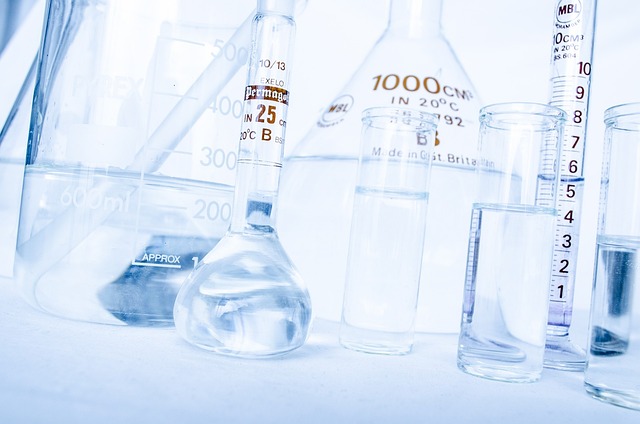
Chapter Overview
This chapter explains the chemical effects of electric current, focusing on the process of electrolysis. It describes how electric current can decompose chemical compounds, leading to the deposition of metals and the evolution of gases. The chapter also discusses the factors affecting these reactions, the apparatus used in electrolysis, and various practical applications such as electroplating and purification of metals.
Important Keywords
- Electrolysis: The process of using electric current to drive a non-spontaneous chemical reaction.
- Electrolyte: A substance that conducts electricity when dissolved in water, due to the presence of ions.
- Deposition: The process in electrolysis where metal ions gain electrons and form a solid metal on the cathode.
- Evolution of Gas: The production of a gas at an electrode during electrolysis.
- Electroplating: The process of coating a metal object with a thin layer of another metal using electrolysis.
- Faraday’s Laws: Laws that quantify the relationship between the amount of electric charge and the amount of substance altered at an electrode during electrolysis.
- Electrolytic Cell: An apparatus used for electrolysis.
Detailed Notes
Sign In to view full chapter (Chemical Effects of Electric Current - Detailed Notes) resources.
Want to unlock the full learning experience?
Log In to continue
To access this learning resource, save your progress and get personalized recommendations — please log in to your account or register for free.
It only takes a minute and gives you complete access to lesson history, resource bookmarks, and tailored study suggestions.
Log In to continue

